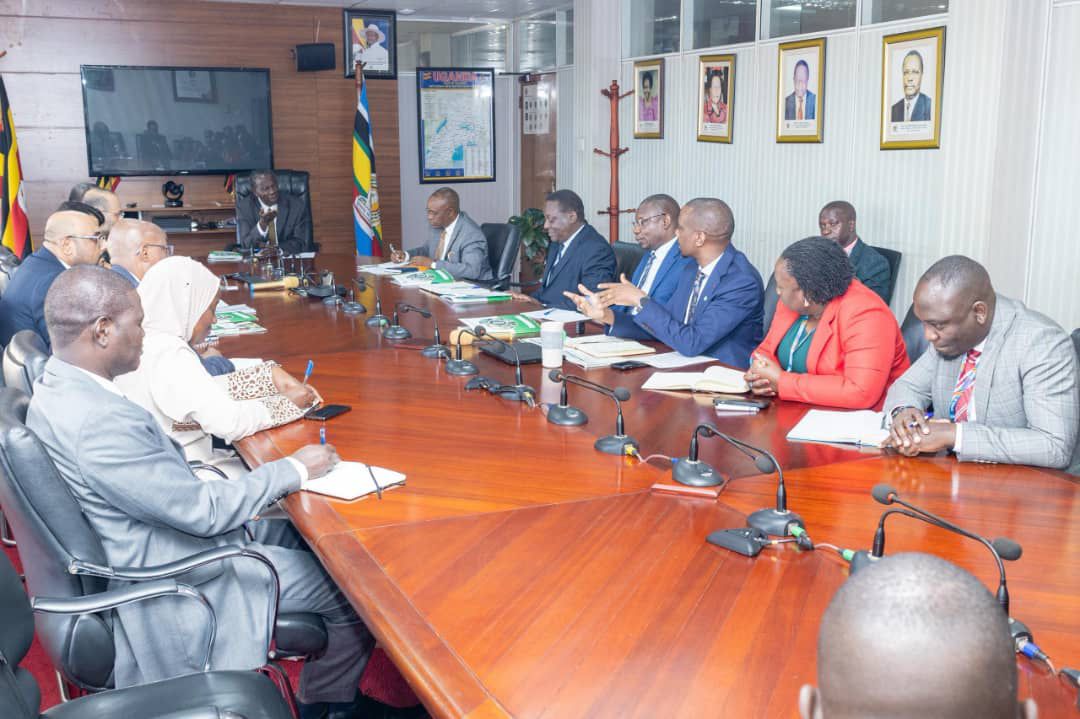Govt Launches Million LEGS Project to Transform Rural Livelihoods

The Government of Uganda, with support from international partners, has unveiled $50.4 million(Shs 191.5 billion) initiative aimed at improving rural livelihoods and accelerating economic transformation across 17 districts under the Local Economic Growth Support (LEGS) Project.
Implemented by the Ministry of Local Government and funded by the Islamic Development Bank (IsDB), the Lives and Livelihoods Fund (LLF), the Government of Uganda, and local communities, the LEGS Project runs from 2019 to 2025 and is aligned with the National Policy on Local Economic Development.
Speaking on the objectives of the project, officials said LEGS is designed to deliver integrated support for agricultural production and natural resource conservation. “We are investing in water access for production and consumption, expanding rural infrastructure, and providing affordable rural finance,” a statement from the Ministry of Local Government noted.
With funding contributions amounting to $33 million from IsDB, $10 million from LLF, $4.8 million from the Government, and $2.6 million in community contributions, the project is expected to benefit approximately 2.3 million people—51% of whom are women
across 283,000 households.
The project aims to improve access to safe water by 25% increase the number of farmers using improved seeds by 30%
expand areas under irrigation and improved farming practices to double crop yields by 10% boost adoption of renewable and energy-saving technologies by 20%
“This project is a critical step toward achieving several Sustainable Development Goals, especially those on poverty eradication, food security, clean water, and clean energy,” the ministry stated.
The LEGS Project has two components.
Under Component A, led by the Ministry of Local Government, ten districts including Alebtong, Kabarole, Kumi, and Nakaseke are implementing water and environmental conservation initiatives.
Component B, led by the Microfinance Support Centre Ltd, is focusing on agricultural value chain development in those same ten districts plus seven additional ones including Adjumani, Tororo, and Rukungiri.
Selection of the beneficiary districts was based on multiple criteria, including water stress, poverty levels, economic potential, and infrastructure gaps.
“We targeted the areas that need it most and where the economic transformation impact will be greatest,” the ministry explained.
Key investments under the project include improving access to water for production and consumption
rehabilitating rural access roads,installing postharvest handling and market infrastructure,promoting natural resource management supporting livestock, fisheries, and beekeeping,strengthening farmer cooperatives, expanding access to affordable rural finance and introducing renewable and energy-efficient technologies
The Ministry of Finance is managing the credit facility for the project, while technical oversight is provided by relevant line ministries, including Water and Environment, Agriculture, and Trade.
Authorities emphasised that the LEGS Project is part of a long-term strategy to build inclusive economic growth at local, regional, and national levels.



0 Comments